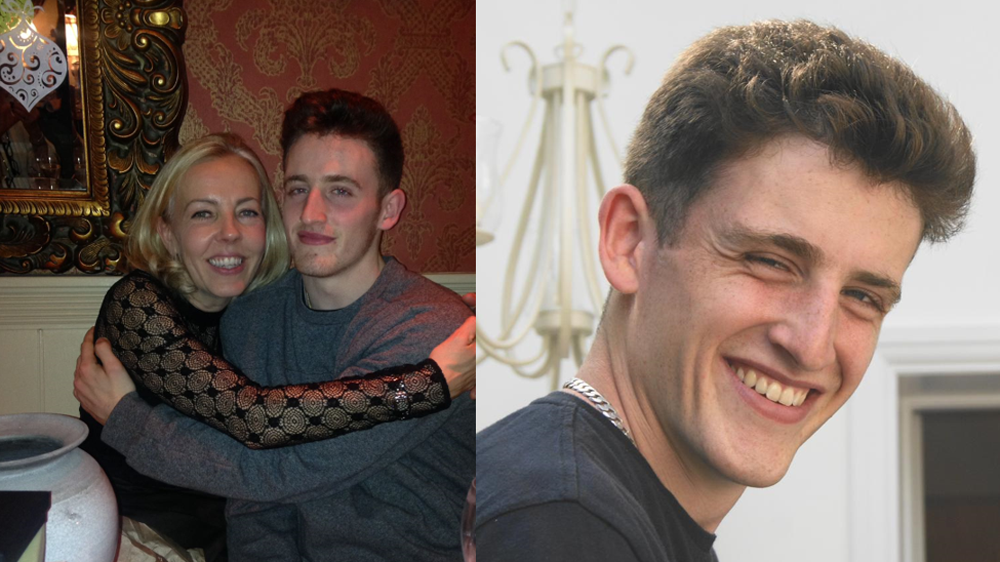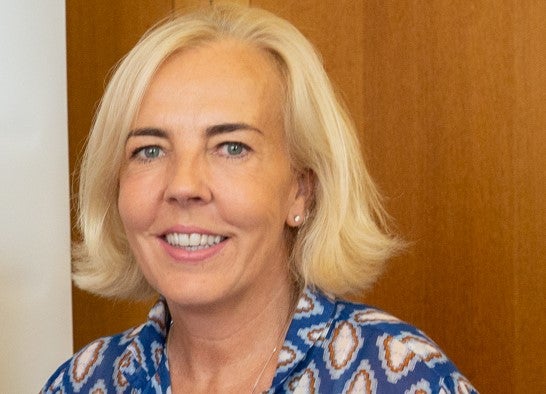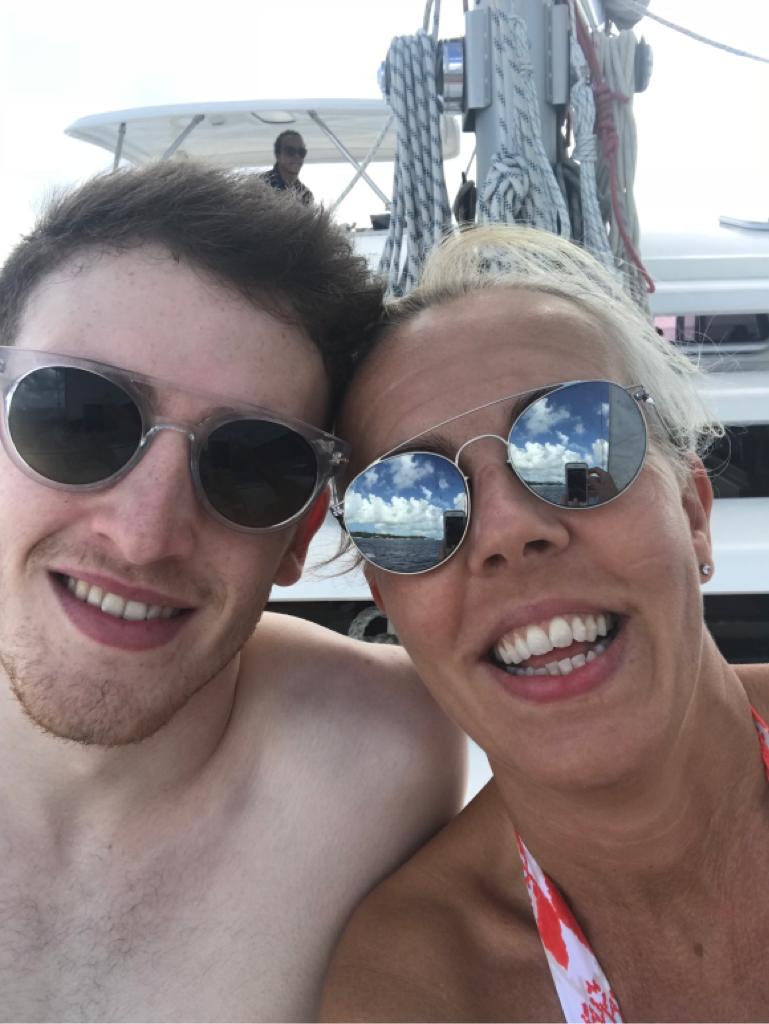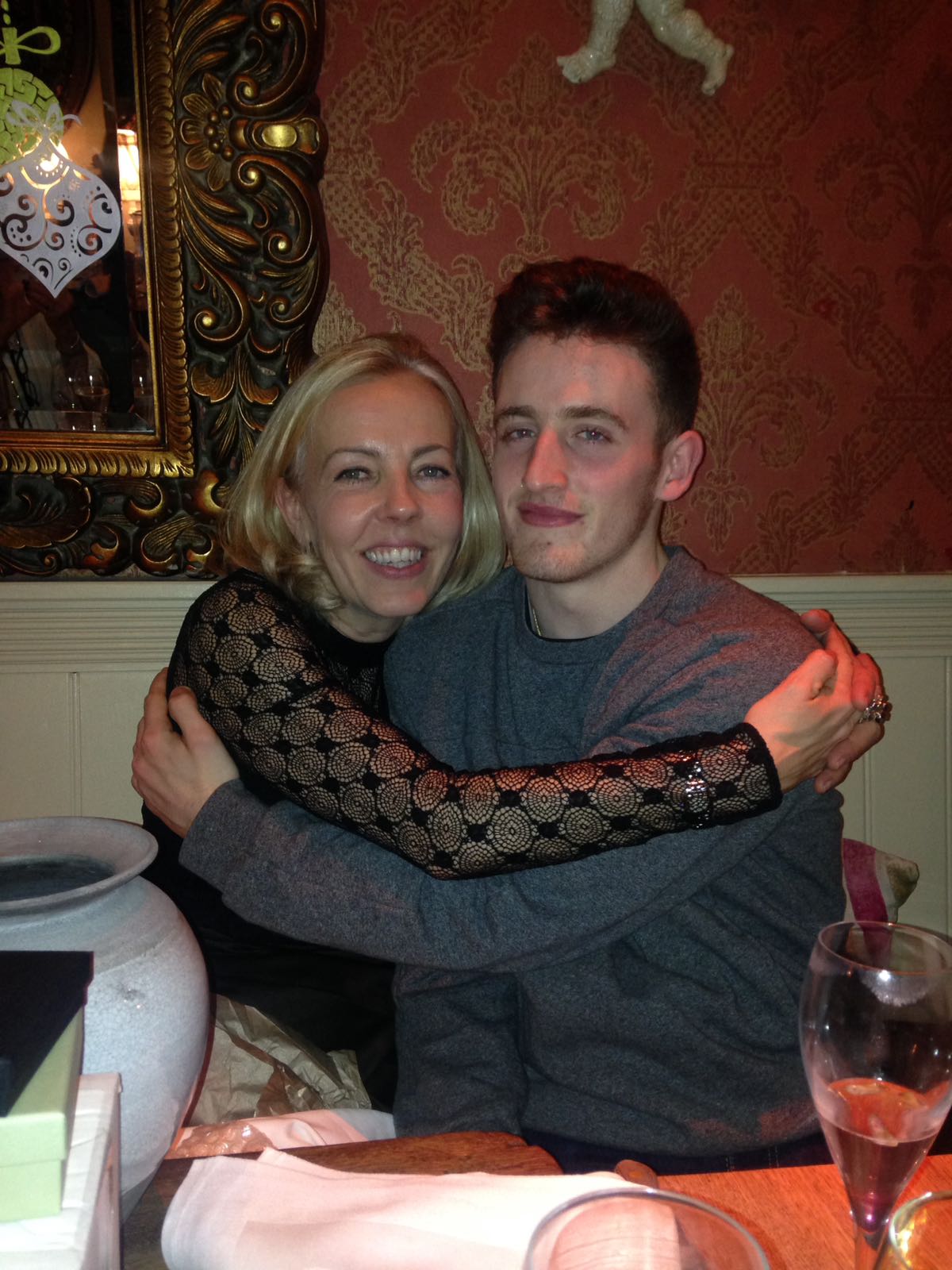‘I found my son dead in his bedroom from an undetected heart problem – I want every teenager to be checked’
‘There were no prior warning signs – Tobe hadn’t fainted or had shortness of breath or anything like that’

Your support helps us to tell the story
From reproductive rights to climate change to Big Tech, The Independent is on the ground when the story is developing. Whether it's investigating the financials of Elon Musk's pro-Trump PAC or producing our latest documentary, 'The A Word', which shines a light on the American women fighting for reproductive rights, we know how important it is to parse out the facts from the messaging.
At such a critical moment in US history, we need reporters on the ground. Your donation allows us to keep sending journalists to speak to both sides of the story.
The Independent is trusted by Americans across the entire political spectrum. And unlike many other quality news outlets, we choose not to lock Americans out of our reporting and analysis with paywalls. We believe quality journalism should be available to everyone, paid for by those who can afford it.
Your support makes all the difference.A mum who found her son dead on the floor of his flat due to a heart condition – despite having no prior symptoms – is pushing for every teen in the country to be screened to prevent further tragedies.
Sam Richards, 57, a television producer, was devastated when son Toby died in 2019. The 22-year-old was healthy and active, having started a fitness programme in preparation for joining the Royal Marines.
Toby’s arrhythmia had gone undetected, and after he died from sudden arrhythmic death syndrome (SADS) – which is when someone dies suddenly and unexpectedly from a cardiac arrest but the cause cannot be found – Sam set up TOBE-Heartsafe, a non-profit organisation providing an on-site screening service.
TOBE-Heartsafe also has basic life support training as a core element of its mission.
Sam – who lives in Hampton Wick, south-west London, with husband Stuart, 72, also a television producer, and has a younger son, Jonnie, 23 – said: “Tobe was a very fit and healthy 22-year-old, like a lot of people who died from what we know now is SADS.
“There were no prior warning signs – Tobe hadn’t fainted or had shortness of breath or anything like that.
“I think that the message I want to share to teens and parents is that, as with all things, knowledge is power, and being aware of what SADS is means being able to make informed decisions about screening, and I wasn’t informed about SADS so screening never occurred to me to be necessary in an otherwise healthy young man like my son was.”
Sam’s life was turned upside down in summer 2019 when she texted Toby one morning but unusually did not receive a reply.
She went out for lunch and phoned him when she got back but there was still no answer.

As Toby’s flat was just a five-minute walk away from Sam’s house, she decided to leave work early and stop by his place on the way home.
She said: “I just had a really bad feeling. I let myself into the building downstairs and stuck my head out the back window on the first floor to see if Toby’s motorbike was there. He never went anywhere without his bike and I saw that it was outside covered up.”
What is sudden arrhythmic death syndrome (SADS)?
The disease explained
The British Heart Foundation says sudden arrhythmic death syndrome - also known as SADS - is when “someone dies suddenly and unexpectedly from a cardiac arrest, but the cause of the cardiac arrest can’t be found”.
This affects around 500 people every year and often happens when an abnormal heart rhythm, known as an arrhythmia, goes untreated.
Arrhythmias or heart rhythm problems are experienced by more than 2 million people in the UK, according to the NHS, and most people can lead a normal life if it is diagnosed in time. Sometimes the heart condition can be inherited.
There are a few conditions that can cause SADS because of very subtle changes to the heart, the charity has said. These conditions include different types of cardiomyopathy, which are a set of disease of the heart muscle which affects its size, shape or thickness. These cannot always be prevented but can sometimes be inherited. You might be at greater risk due to diet, alcohol and high blood pressure.
SADS can be declared the cause of a person’s death in a post-mortem when the cause of the heart attack cannot be explained. This is different to a sudden cardiac death, when it can transpire there was something wrong with the structure of the heart.
To find out more about TOBE-Heartsafe go to www.tobe-heartsafe.org.uk.
Reaching her son’s apartment, Sam knocked on the door and, when there was no answer, she let herself into the flat.
She said: “I could see that his breakfast was left out in the kitchen. There was a corridor that led through to his bedroom and his bedroom door was open.
“I could see him lying on the floor.
“I said, ‘Toby, what’s going on?’. I didn’t know what was going on at that point, I was still taking it all in, but he was naked on the floor with a towel over his head and I could see that the bottom of his feet were slightly red.
“I lifted the towel up and I knew at that point, he was dead.
“His lips were really swollen, black and shiny and his eyes were just… he was dead.
“It was horrific and I remember calling my husband and I screamed down the phone, ‘My son is dead’.”

Stuart – Toby’s stepfather – raced from their home to be by her side as she phoned emergency services and the pair waited until a paramedic arrived on a bicycle.
“I remember the paramedic saying to my husband, ‘I don’t really know what it is, but I think it might be his heart’,” Sam said.
After the police had determined there was no foul play, they handed over to a coroner.
“It was just surreal, you just can’t fathom what’s happening,” Sam said.
“In the first few days, I was trying to piece it together.
“He had a pull-up bar on the doorframe and his workout clothes were on the floor, and the light was on in the shower.
“It’s probably the case that Tobe has been working out and went to have a shower, and the reason I found the towel on his head and he was naked was because he’d walked from his ensuite shower into the bedroom and was towel drying his hair when he dropped dead.
“I am told that he would not have known anything about it, it was like switching off the lights.”
After Toby’s death, his family was screened to make sure they did not also have arrhythmia and, as they processed their grief, Sam began to look for ways to stop this tragedy from happening to other families.
Determined to raise awareness and help teenagers get screened, Sam set up TOBE-Heartsafe.
She said: “In some countries, you cannot have a driving licence without knowing how to do basic lifesaving training, because if you came across somebody who had collapsed, and you knew how to administer CPR and you know how to use a defibrillator, it can be lifesaving.
“What our model is is that we are going out to private schools and we’re saying, ‘would you like screening for your children, it would cost this amount of money but you’re also buying a screening for a child in the community who can’t afford it’.
“We want to roll it out to people who otherwise wouldn’t be able to afford it, community sports clubs and just places where young people are.”

According to TOBE-Heartsafe, every week in the UK, around 12 young people under the age of 35 die suddenly from a previously undiagnosed heart condition and around 80% of these occur with no prior symptoms.
Before Toby’s death, he had started an intense eight-week fitness programme in preparation for joining the Marines.
Sam said: “If I had teenagers now who are about to start doing a lot of high intensive cardio exercise, I would absolutely want to take them to get screened.
“And now, there are quite a lot of private schools, where their pupils are screened, and very often this is the result of a pupil dying and then you’re in an environment where there’s an awareness of it and the parents can afford it so it’s offered.
“The thing that is most shocking to me is that most people have an experience of someone they knew who this happened to and that’s why I’m motivated to get awareness raised because knowledge is power.
“I do think every secondary school kid should be screened, obviously if their parents want them to, but it’s all about legislation and funding. It needs lots of voices to come together and that’s what we collectively as a group are trying to do.”
Join our commenting forum
Join thought-provoking conversations, follow other Independent readers and see their replies
Comments